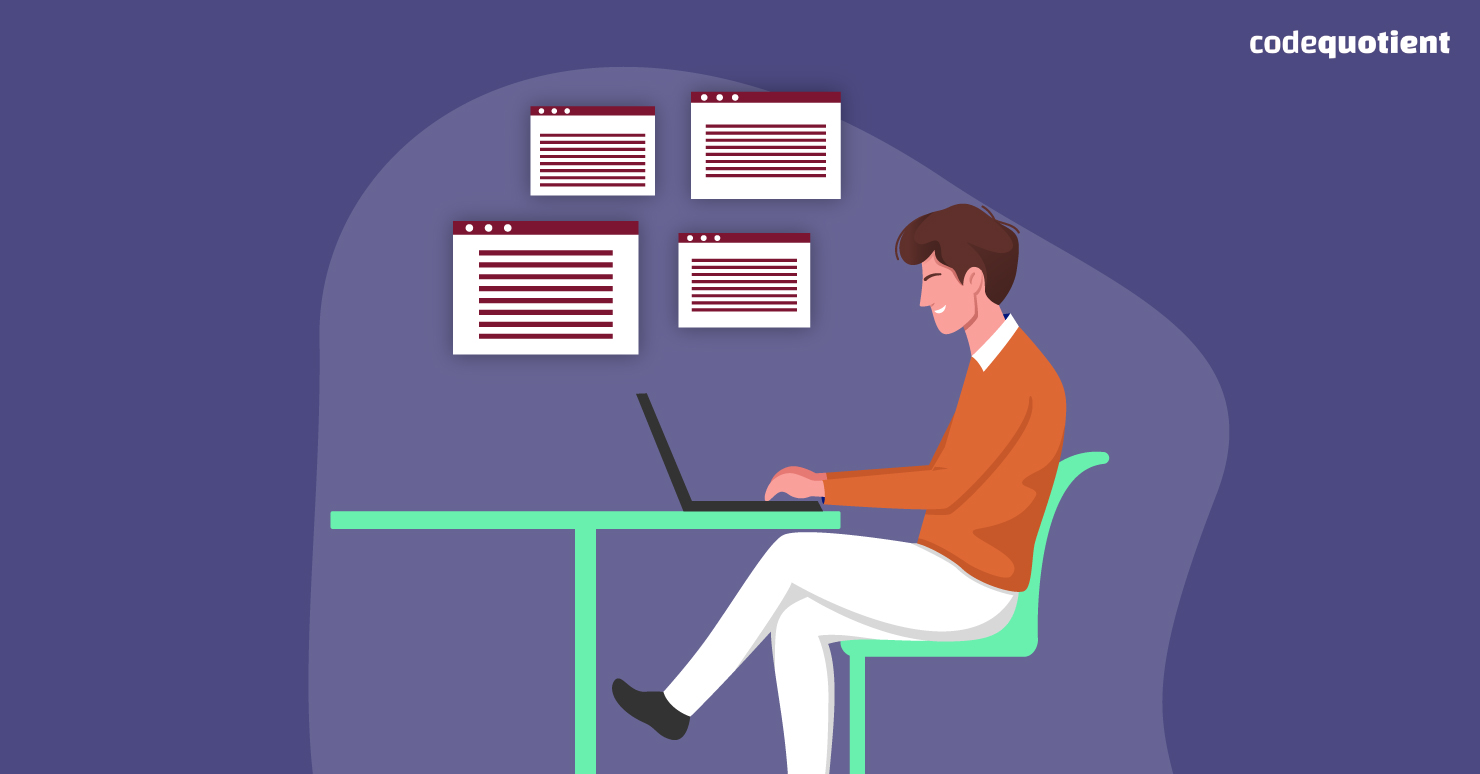Are you a tech recruiter preparing for an upcoming job interview? If so, you’ve come to the right place! In this article, we will discuss how to best prepare for an interview as a tech recruiter. Specifically, we will cover the importance of researching the company, tips for crafting a standout resume, and the value of practicing interview questions. With these steps, you can confidently enter your next job interview and make a great impression.
A survey by CareerBuilder shows that close to 74% of recruiters say they’ve hired the wrong person for a position. Hiring the wrong candidate is not only a waste of time but also results in massive losses for a company. So, to save everyone from the trouble of having to go through the process again, recruiters must come in prepared for an interview.
Points to Remember While Preparing for an Interview as a Tech Recruiter

Let’s look at some essential things to keep in mind while preparing for an interview as a tech recruiter.
1. Make them feel relaxed
Go back to the time when you were on the other side and would have nerves in your stomach right before an interview. Didn’t you want someone to help you calm down those nerves? Now’s your chance to do the same for others. Asking the candidates basic questions like ‘If they need water?’ or ‘If they had any trouble finding the place?’ can make them feel relaxed and at ease.
Think of these questions as ice-breakers that will help deal with the initial awkwardness. Apart from making the candidates feel more relaxed, this also creates a positive first impression of the company in the candidate’s mind.
2. Know what the company needs
You’re recruiting because you’re trying to fill a gap in the company, so take a look at your company and figure out what problems need to be solved.
Does the company need a senior developer to handle major projects in the future, or will it be better to hire a junior developer to reduce the workload of the current developers?
Whatever the case may be, having a fair idea about the hiring needs of a company should be the first step while preparing for an interview. It’ll give you an outline of what your ideal candidate should look like.
3. Have your questions prepared
Having a list of questions ready that you’re going to ask the potential candidates makes for a more structured interview, and a structured interview is better than an unstructured one. While being flexible is a good thing, simply trying to wing it without preparing any questions is never a good idea. Ask open-ended questions that encourage candidates to explain in detail their process of working.
A lack of good questions will result in not being able to properly gauge the candidate’s suitability for the role and making the wrong hire.
4. Prepare your pitch
Remember, along with you evaluating the candidates, they are also evaluating the company. While in most interview scenarios, the company has the upper hand, there are instances where the candidate might have the advantage, especially if they are a top-level candidate. So, the pitch is your chance to make the highly qualified candidate choose your company over others. Take the opportunity to showcase the company’s strengths while answering the candidate’s questions. For instance, talk about the company’s flexible working style.
The goal here is not to bluff but to talk about the company and show how working there can help the candidate in their career. From talking about the company’s future plans to how open the company is to new ideas, you can choose what to focus on.
5. Do your research
You don’t have to go snooping into a candidate’s past when hiring for a role but make sure you go through their CV properly. Doing so will give you important topics to focus on, instead of asking for information that is already mentioned in their CV. For instance, you can talk about the projects they managed in their last company or enquire if there is a significant gap after graduating from college.
Knowing about a candidate’s past experience also makes you come across as someone who is interested and not as someone who’s interviewing just for the sake of it.
6. Ask behavioral questions
You want the candidate to be a complete fit that will blend in with the company’s current employees, culture, and values and not just someone who can do the job. The best way to gauge a candidate’s overall compatibility is by asking them behavioral questions. Think of behavioral questions as a gateway into a person’s personality, skills, and abilities.
These questions will reveal aspects of candidates’ that technical questions or questions related to the job’s duties and responsibilities won’t. ‘How did you deal with a difficult co-worker?’ or ‘What do your work habits look like?’ are some behavioral questions you can ask a candidate during an interview.
The way candidates answer the behavioral questions will also reflect their soft skills. And for tech employees, top-notch soft skills are a must, considering they have to explain complex concepts to technical writers in a simple manner.
7. Ask follow-up questions
Don’t move on to the next question immediately, instead dig deeper by asking follow-up questions. Ask the candidate how they managed to craft the code for a complex program if they have spoken about it. What challenges did they face? When did they encounter the problem? Did any debugging issues occur during the process?
Many interviewees rehearse their answers before coming for an interview, and while this shows their eagerness, this also means they don’t get accurately tested during an interview. However, when you dive into the details by asking follow-up questions, you start seeing the cracks in their answers.
Now that you know what to focus on while preparing for an interview, it’s time to get started. So go out there and put all the things mentioned above into practice.
For more such articles, check out our blog or to hire the best tech candidates, get in touch with us.




